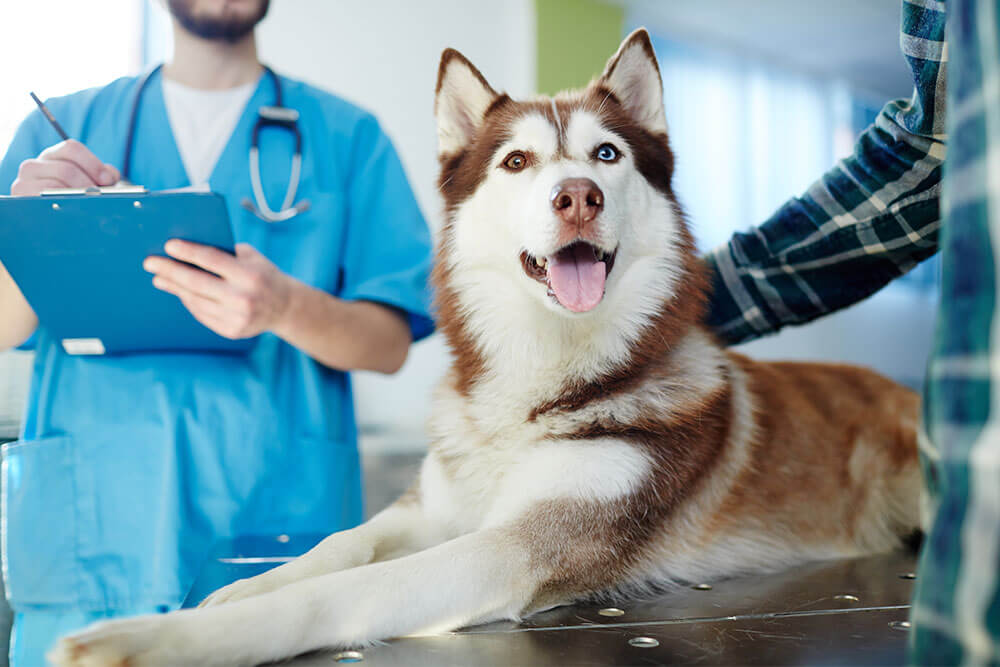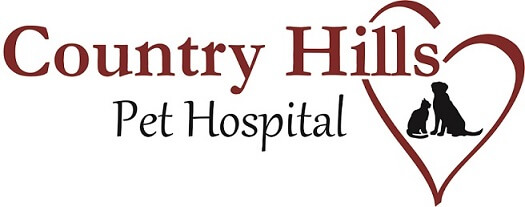
What is kennel cough?
Kennel cough is a generic term commonly used when talking about canine infectious tracheobronchitis. This is an overarching descriptor that encompasses many different infectious causes of upper respiratory disease in dogs. There are many different viruses and bacteria that can cause upper respiratory disease in dogs. Most commonly it is a virus that dampens the dog’s respiratory defenses and leads to a secondary bacterial infection. Viruses include parainfluenza, distemper virus, and adenovirus. Bacterial agents include Bordetella, Mycoplasma, and other normal respiratory bacteria that overgrow.
How would my dog get kennel cough?
Kennel cough is transmitted in the same way that the human cold is transmitted – airborne virus or bacteria. Your dog does not have to have been at a kennel to contract a contagious upper respiratory disease, he or she can merely have brief contact with another dog such as outside on a walk, going to doggie daycare, or being “kenneled”/boarded while you are away.
How can it be treated?
Treatment depends on the underlying cause. Usually, as with the human cold, it will run its course without treatment if the dog is generally healthy. However, there are certain things we can do to lessen the symptoms and make your dog more comfortable. Coughing can turn into a vicious cycle of coughing leading to inflammation in the airway with causes even more coughing. A cough suppressant and anti-inflammatory medication can help stop that cycle from progressing. If a secondary bacterial infection is suspected, antibiotics can also be helpful to rid the body of the infection.
What can I do to prevent upper respiratory disease in my dog?
- The most important thing to do is to have your dog up to date on vaccinations that protect against different causes of upper respiratory disease. The upper respiratory vaccines we recommend at Country Hills Pet Hospital are the bordetella vaccine and the DA2PP combination vaccine which protects against many infectious diseases including upper respiratory disease caused by the distemper virus, parainfluenza virus, and adenovirus.
- Be familiar with the other dogs your pet is around. If they are coughing, do not let your dog come into contact with them until they are healed and no longer contagious.
- Keep your dog in a well-ventilated area. This is especially important when multiple dogs are housed in the same space (such as a kennel or daycare facility). Stay tuned in the upcoming weeks for information on boarding at Country Hills Pet Hospital and our advanced ventilation system to keep our boarding dogs healthy!
If your dog is coughing, please keep him or her away from other dogs and make an appointment to have your pet evaluated by a veterinarian.
*There are many causes of coughing in dogs, and it is important to rule out other causes (such as heart disease) before assuming it is kennel cough.
